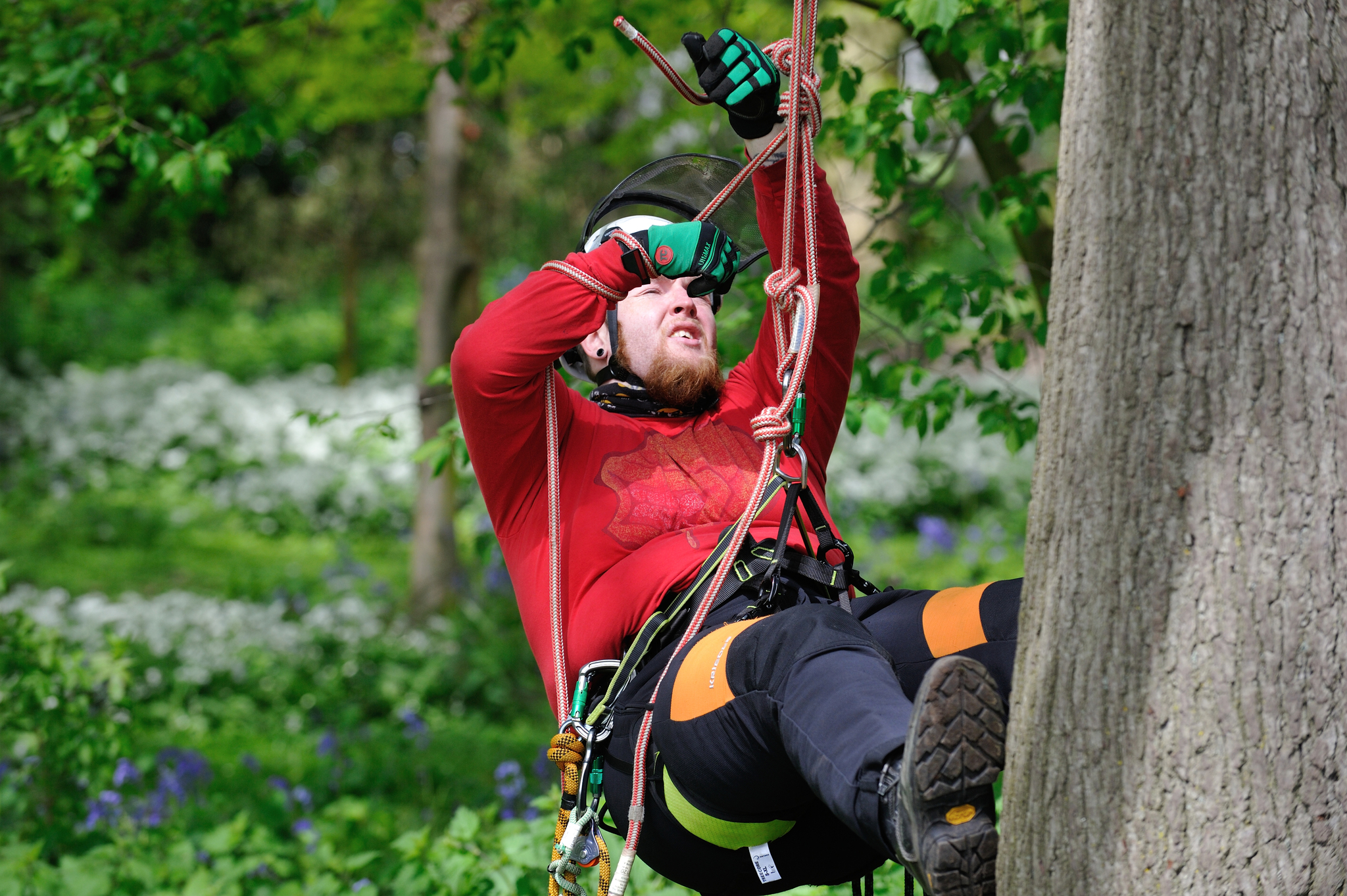Course modules
Year 1
Management of Tree Risk
This module aims to give students the skills necessary to manage risk from storm damage or structural failure in populations of trees. You will learn how to apply the principles of tree biomechanics, zoning and hazard abatement to aid management decisions. Emphasis will be placed on the development of reasoned argument to support tree management decisions.
Biotechnology for Plant Improvement
The study of plants is an increasingly technical field and advances in biotechnology are providing important tools for those involved in plant related industries. This module will review recent advances in plant breeding, including plant tissue culture and molecular techniques, and allow students to consider their application within their specialist field of study.
Year 2
Greenspace Professional Practice
It is very important for professionals to have an appreciation of ethical and sustainable business operation concepts and to be able to apply them. In this module you will build upon the principles of strategic planning and corporate social responsibility to address business auditing tasks incorporating company policies; planning; project management; communication and negotiation with clients. They will also critically analyse a range of contemporary issues within arboriculture and associated green industries.
Research Project (Double module)
This double module will provide you with an opportunity to carry out a piece of independent research into a topic that interests you. You will begin by clearly defining a problem to be solved, and then design and undertake an original investigation, developing your skills in project management. The reporting of your study will develop skills in critical analysis and communicating in a coherent and critical style.
Urban Forest and Greenspace Management
The trees and greenspaces in our towns and cities that make up our urban forests play a big role in enhancing the lives of those who live in or visit them. This module will consider the evolution of our current urban forests and discuss ways that they can be developed to increase the benefits supplied to future generations. The involvement of all stakeholders in the urban forest will be considered from the role of central and local government in strategic planning, to the importance of community involvement and the role of private and voluntary sectors in partnership working.
Entry requirements & additional information
- Entry requirements
- Learning and assessment
- Progression
- Careers
- Professional accreditations
- Special requirements
Entry requirements
Foundation Degree or HND in a related subject or 2 years (one at Level 4 and the other at Level 5) of Honours Degree work in a related discipline achieved at 'pass' standard or above. Applicants with alternative equivalent qualifications will also be considered positively. Applicants must also produce evidence of successfully completing a research based module at level 5.
Applicants for whom English is a second language must be able to demonstrate proof of International English Language Testing System (IELTS) at level 6.0 (with no component score lower than 5.5) or equivalent.
Applicants must be involved in the industry, have recent previous industry experience or be able to get industry involvement within a few months of starting the course.
All offers may be subject to successful interview
Learning and assessment
Learning Environment:
Learning activities on the course will include the provision of notes, audio-visual presentations and interactive activities via an online learning environment.
Students are expected to undertake extensive independent study and research to support learning materials and assessments. Students will have remote access to specialist software, and an online reference facility.
Assessment:
This course is designed to ensure a wide variety of assessment types are undertaken, many of which directly reflect industry-related documentation and practices. These assessment methods will include technical reports, exams, individual presentations, research posters, literature reviews and extended project work.
Additional Information:
Students will be given access to talks by guest speakers via the Myerscough College virtual learning environment.
What work experience can I get?
There is no formal industry placement on this course but there may be opportunities at the end of the course, for students to undertake work experience or internships with employers throughout the UK and overseas.
Progression
On successful completion of the BSc (Hons) Arboriculture and Urban Forestry course, students can apply for MSc/PGDip Arboriculture and Urban Forestry course, and other post-graduate courses.
Careers
This course programme provides the arboricultural knowledge and decision-making skills that enable graduates to secure management and consultancy posts. Such posts may be within private consultancy practices, management roles within tree care companies or working as part of a larger institution or governmental body. Professionalism, independent thinking and innovation are emphasised throughout the course to prepare students for the demands of these positions. Students may also gain the opportunity to progress into scientific research positions. Examples of possible careers include:
· Arboricultural Consultant
· Arboricultural Contracts Manager
· Local Authority Tree Officer
· Environmental Advisor
· Researcher
Professional accreditations
Arboriculture degree courses at Myerscough College have been fully accredited by the Institute of Chartered Foresters and on completion of the course the student is eligible to apply for Professional Membership of the ICF.
Special requirements
Students will need: Access to a personal computer and internet facilities
IT requirements:
· Access to a PC
· Microsoft Office
· Broadband internet connection
· Email account
Recommended browsers:
· Internet Explorer
· Firefox
· Google Chrome
· Safari


